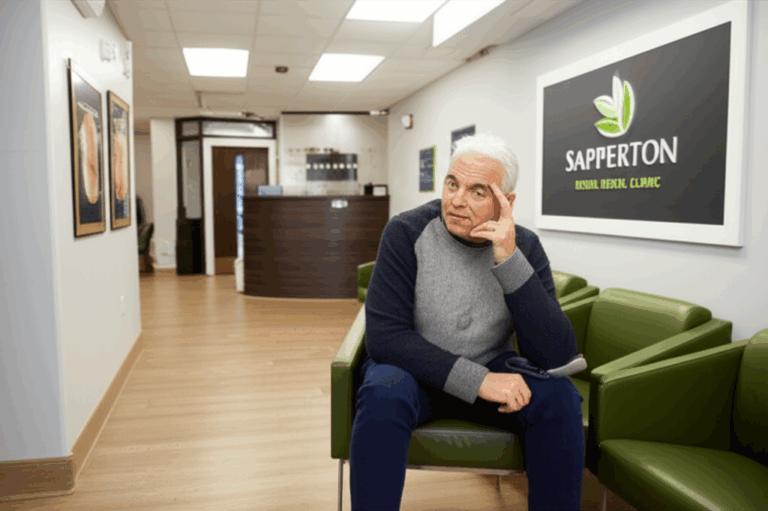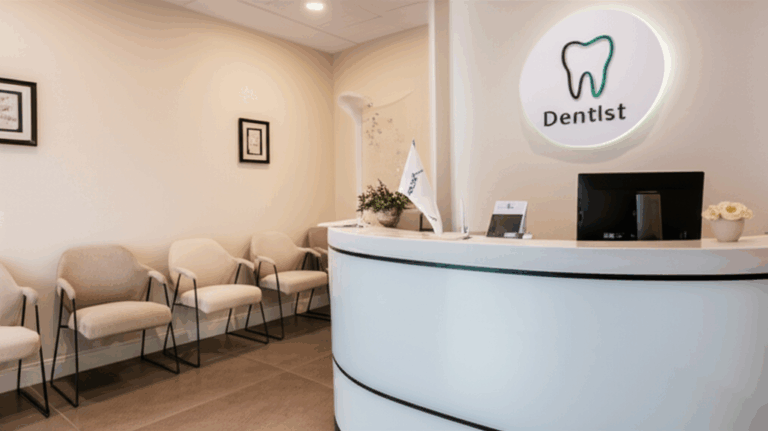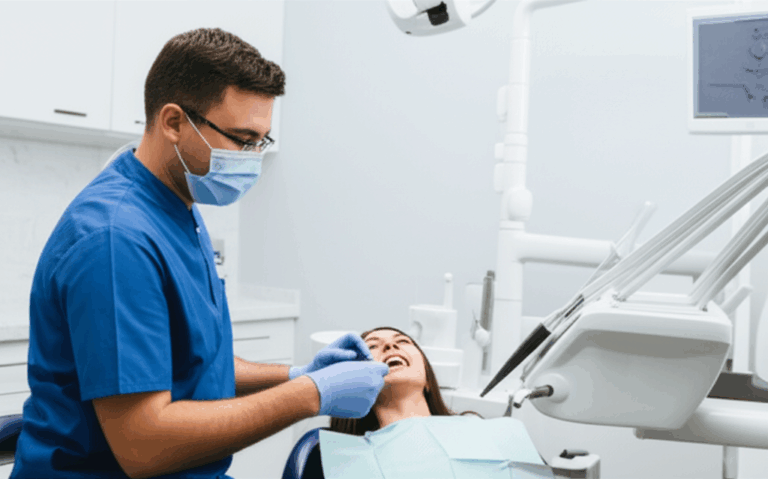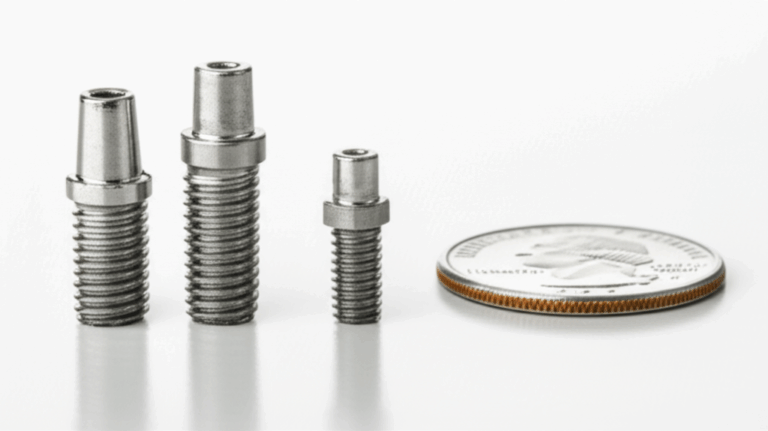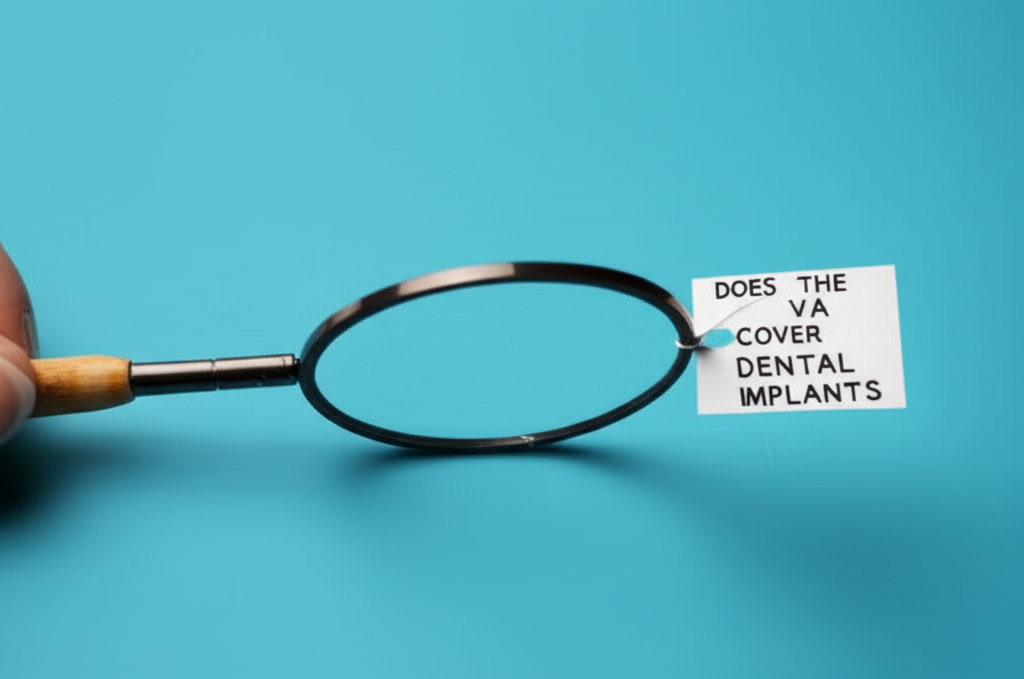
Does the VA Cover Dental Implants? Understanding Veterans’ Dental Benefits and Eligibility
If you’re a veteran wondering if the VA will help pay for dental implants, you’re in the right place. Dental health is a big part of feeling good, but those costs can get high—especially for something like dental implants. This article shows you what to expect with VA dental benefits, who can get them, what steps to take, and what to do if you don’t get approved. It’s filled with answers to the main questions veterans ask, so you can make the best decisions about your teeth, your health, and your money.
Table of Contents
- Why Should You Care About VA Dental Implants?
- What Are VA Dental Benefits and How Do They Work?
- Who Really Qualifies for VA Dental Implant Coverage?
- What If You Have a Service-Connected Dental Condition?
- Do 100% Disabled Veterans Get Full Dental Implants Coverage?
- What About Former POWs and Medal of Honor Recipients?
- Does the VA Ever Pay for Dental Implants If My Situation is Different?
- How Do You Actually Apply for VA Dental Care (and Implants)?
- VA Dental Implant Coverage Denied? Here Are Your Options
- How Does the VA Dental Classification System Affect Me?
- Important Tips: How Veterans Can Get the Best Dental Care
- VA Dental Implants: Quick Facts and Table
- Summary: What Should You Remember?
Why Should You Care About VA Dental Implants?
Have you tried to eat a good meal or smile for a picture, but felt bad because you have missing teeth? You’re not the only one. A lot of veterans deal with lost teeth, old mouth problems, or other dental issues. Getting dental implants can make a big difference, but they can cost a lot!
Here’s the thing: The VA does offer some dental help, but many veterans find it’s not easy to get them to pay for implants. The rules can be confusing.
Don’t let this stop you. In this guide, I’ll explain it in easy words. By the end, you’ll know if the VA might pay for your implants, or what other steps you can take if you don’t qualify. You’ll also learn about things like the VA Dental Insurance Program (VADIP) and other ways to get help.
What Are VA Dental Benefits and How Do They Work?
The Department of Veterans Affairs (VA) gives health help to millions of veterans. But dental coverage is different. Not every veteran can walk into a VA dental clinic and get new teeth. There are strict rules and different groups for care.
Key Points:
- VA dental benefits come with special rules.
- Not all dental work is covered, especially not expensive things like implants.
- Whether you qualify depends on your service history, any injuries, your disability rating, and other things.
The VA splits dental care into groups called “dental classes.” Some classes get full dental help, others get only a little, and some get none. For dental implants, you need to be in a group where you get full care. Plus, the dentist has to say you really need it for your health.
Here’s a quick look at some dental problems that might help you qualify:
- Lost teeth from an injury in the military
- Medical problems made worse by missing teeth
- Being fully and forever disabled
Still, most veterans will have to try a few steps or look around for other help.
Who Really Qualifies for VA Dental Implant Coverage?
This is where a lot of veterans get confused. The VA doesn’t cover implants for everyone—only about 8-10% of veterans who use VA healthcare get full dental coverage! You must fit into certain groups or “classes” to have a chance of getting dental implants paid for.
You might qualify for dental implants through the VA if:
- You lost teeth because of an injury or sickness from your time in the military (Service-Connected Dental Condition).
- You have a 100% service-connected disability (for your mouth or another part of your body).
- You are a former Prisoner of War (POW).
- You are a Medal of Honor winner.
- Your dental problem makes another service-connected health problem worse.
- You’re in some VA programs (like job rehab or inpatient care).
Let’s look at these groups one at a time.
What If You Have a Service-Connected Dental Condition?
The VA’s first big group is for veterans who have a “service-connected dental condition.” This means:
- You hurt your teeth, gums, or jaw while in the military.
- The dental problem is directly from your time serving.
- Or, something with your teeth made a service-connected health problem worse.
If this is you, you can ask for VA dental care—even for things like implants.
Real-Life Example:
Frank, who was in the Gulf War, lost two front teeth in a training accident on base. Since his tooth loss was service-connected, he got full dental care, including implants.
But here’s the catch: proving it’s service-connected means you’ll need to share military and medical records, and maybe get something written by a witness or doctor. It can take a while, but it’s worth it if you can show your condition is from your service.
Do 100% Disabled Veterans Get Full Dental Implants Coverage?
If you have a 100% disability rating (this is called “total and permanent disability”), you’re in a really good spot. You almost always get full VA dental care.
What does this mean for you?
- You get all dental work you need, like implants, crowns, and bridges.
- But the VA dentist has to say you really need an implant for your health.
If you are 100% disabled, even if it’s not because of your teeth, set up that appointment! You might get the new smile you want without paying a lot.
What About Former POWs and Medal of Honor Recipients?
A few people get the best benefits. If you are a former Prisoner of War (POW) or have the Medal of Honor, you can get all dental care, even implants.
Why does the VA do this?
POWs and Medal of Honor winners are honored for what they gave up and how they served. The VA says these veterans should have full dental care, no matter what their other health problems or dental issues are.
If this is you, contact your closest VA dental clinic soon—barely any hassle or paperwork.
Does the VA Ever Pay for Dental Implants If My Situation is Different?
Most people who qualify fall into the groups above, but there are other special times the VA might help.
Other ways veterans might get some dental implant help:
- Your missing teeth are making a service-connected problem worse (like heart disease or diabetes).
- You’re in a VA program like Vocational Rehab or you’re getting inpatient care.
- Dental care is needed to start or keep going in a certain VA treatment.
Not sure? Ask a VA dental prosthetics team. They’ll check your record, go over your case, and let you know if there’s a way you might qualify.
How Do You Actually Apply for VA Dental Care (and Implants)?
Think you might be able to get VA dental help? Here’s what to do:
Step-by-step:
- Always the first thing to do. Use VA Form 10-10EZ or sign up online. If you’re not signed up, you can’t get dental benefits.
- Get checked by a VA dentist. Tell them about your service-related issues. They’ll see if an implant is needed for your health.
- Bring your military dental records, VA disability papers, and anything else that shows your dental problem came from your service.
- If you get denied or have problems, reach out to groups like Disabled American Veterans or American Legion. They help with appeals.
- If the VA doesn’t have what you need (like if they’re booked up), you might get sent to a regular dentist in your area.
Tip:
Send in everything the VA asks for and always show up to your VA dental appointments. Most slowdowns come from missing information.
VA Dental Implant Coverage Denied? Here Are Your Options
Tried everything but still got a “no?” Don’t lose hope. There are still ways to get dental implants for less, but outside the VA.
1. VA Dental Insurance Program (VADIP)
- The VA works with companies like Delta Dental and MetLife to give out dental plans.
- You pay a monthly fee but get cheaper exams, cleanings, and sometimes implants.
- Not every plan covers implants, and many have waiting periods.
2. Dental Schools and Community Programs
- Many dental schools will treat you for less money if you let students work on your teeth with a teacher watching.
- Some non-profits and programs in your state help veterans get dental care.
3. Paying Out-of-Pocket
- If you go to a regular dentist, ask about payment plans or ways to split up the cost.
- One implant can cost $3,000-$6,000. Shop around to find a lower price.
4. Private Dental Insurance
- Compare different dental plans. Some cover implants better than VADIP, but watch the fine print.
How Does the VA Dental Classification System Affect Me?
The VA uses a list of “Dental Classes” (Class I, II, III, IV, etc.) to decide who gets what kind of dental service.
- Class I and IV usually get full care, like implants, if they’re 100% disabled, POWs, or Medal of Honor winners.
- Class II is for people with service-connected dental injuries.
- Other classes only get dental work if linked to special VA treatments.
Table: VA Dental Classes & Implant Coverage
| Dental Class | Who’s Included | Implant Coverage? |
|---|---|---|
| Class I | 100% Service-Connected Disabled | Yes, if really needed |
| Class II | Service-Connected Dental | Yes, for that problem |
| Class IV | POWs, MOH Recipients | Yes, all care |
| Classes V, VI, others | Other programs/short-term care | Not much/None |
Not sure what class you’re in? Call your VA clinic and ask.
Important Tips: How Veterans Can Get the Best Dental Care
Best advice—whether you want implants or any other dental care from the VA:
- Save All Your Papers:
Keep military and dental records. The VA wants paperwork!
- Get Help From Veterans Groups:
Groups like Disabled American Veterans (DAV) and American Legion help with claims and appeals.
- Don’t Quit After One Denial:
Many VA dental claims only get approved after you appeal. Keep trying.
- Ask About Community Care:
If the VA clinic is slow, ask if you can see a regular dentist through the MISSION Act.
For more about what happens at the dental lab and how veterans and dentists get their teeth fixed for less, check out dental ceramics labs.
VA Dental Implants: Quick Facts and Table
Here’s a table that sums everything up:
| Category | Key Details |
|---|---|
| Chance of Full Coverage | About 8-10% of VA users qualify |
| 100% Disabled Veterans | Almost always covered |
| Former POWs & MOH Recipients | Full dental benefits |
| Implant Success Rate | 95-98% over 10 years (general US data) |
| Out-of-Pocket Cost (private) | $3,000-$6,000 per implant |
| Wait Times for VA Implants | Can be weeks or months; varies by clinic |
| VADIP/Insurance Option | Lower cost, but not always covers implants |
| Alternative Providers | Dental schools, community programs, private labs |
Source: US Department of Veterans Affairs, national dental stats, and VA dental program info.
Summary: What Should You Remember?
Most important things:
- VA dental implant coverage is real, but only for veterans who meet the tough rules.
- 100% disabled vets, former POWs, and those with service-connected dental issues have the best chance.
- If you don’t qualify, check out VADIP, dental schools, or community programs.
- Save all your paperwork and ask for help if needed.
- Dental implants work well for most people, so try for them if you can get coverage.
- Keep in touch with Veterans Service Organizations and check for VA updates.
If you want to know more about dental implants, or want to see what top dental labs do for veterans and dentists, visit our trusted digital dental lab to find out about materials, designs, and ways to replace missing teeth.
Your smile is worth the fight. Don’t give up—start toward better dental health today!

